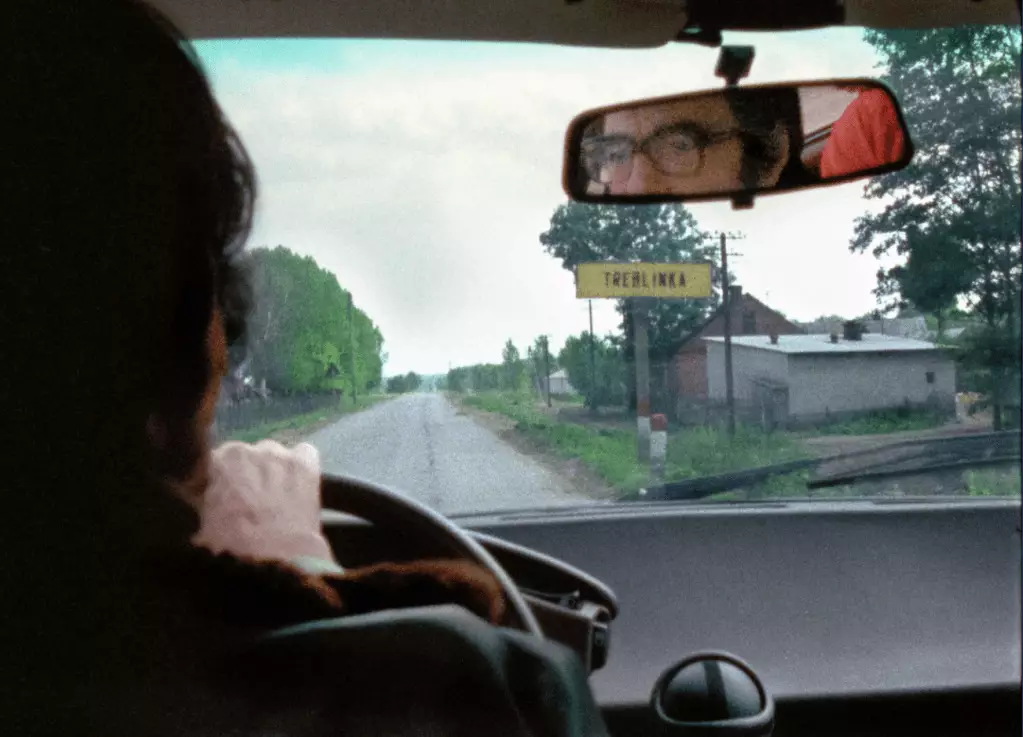In the realm of documentary filmmaking, few works are as profoundly impactful as Claude Lanzmann’s *Shoah*. Premiering in Berlin 40 years prior, this nearly ten-hour-long exploration of the Holocaust provides an intimate yet expansive examination of human suffering and complicity. Eschewing historical footage, Lanzmann instead employs a series of haunting interviews with survivors, bystanders, and even perpetrators spread across 14 countries, creating a narrative that is both deeply personal and universally poignant. The Berlinale Film Festival’s decision to showcase *Shoah* this year underscores its lasting significance and establishes it as an essential study for contemporary audiences seeking to comprehend the historical trauma that it encapsulates.
The festival’s program remarks on *Shoah*’s unique approach to historical narrative. By removing physical evidence and relying solely on the testimonies of individuals, Lanzmann succeeds in “reincarnating” the atrocities faced by Jewish people during the Holocaust. This method challenges viewers to grapple with the psychological realities of trauma rather than just the events themselves. In a world rife with misinformation and historical revisionism, these narratives remind us that the personal stories of those affected should guide our understanding of the past; they are integral to honoring the memory of the victims.
To commemorate this milestone, *All I Had Was Nothingness* (Je n’avais que le néant), directed by Guillaume Ribot, debuted at the festival. This film delves deeper into Lanzmann’s legacy, bringing forth an unseen segment that illustrates the discomfort and denial prevalent among neighbors of a suspected war criminal. The implications are profound, revealing how collective amnesia about the horrors of the Holocaust can still resonate today. The clip raises essential questions about accountability and moral obligation—issues that remain as relevant now as they did 80 years ago.
Lanzmann’s centenary in 2023, coupled with *Shoah*’s recent induction into the UNESCO Memory of the World Register, establishes both the filmmaker and his magnum opus as pivotal figures in cinematic history. Ribot’s homage is enriched by Lanzmann’s own reflections from his memoirs, alongside previously unreleased footage, further cementing the latter’s relentless quest to tell previously untold stories. Lanzmann’s correspondence with monumental thinkers like Jean-Paul Sartre and Simone de Beauvoir illustrates his intellectual roots, highlighting the meld of personal experiences and broader cultural commentary that fills his work.
*Shoah* is regarded not only as a documentary but as a transformative piece of art that reshaped how we understand narrative non-fiction. Its epic scale balances a meticulous examination of history with an intimate portrayal of its human cost. As the Berlinale aptly notes, Lanzmann’s accomplishment lies not just in the revelations captured on screen, but in the film’s capacity to question and redefine the very nature of documentary filmmaking. As we reflect on this landmark anniversary, *Shoah* continues to serve as an invaluable resource for future generations to confront and learn from the darkest chapters of human history.


Leave a Reply